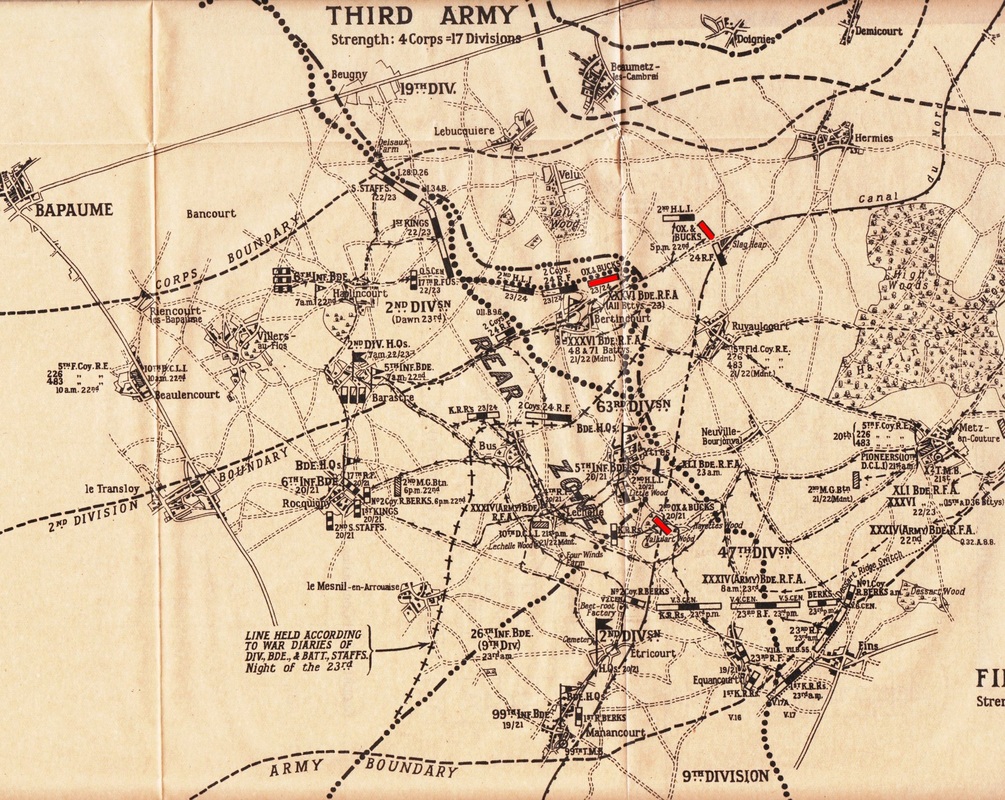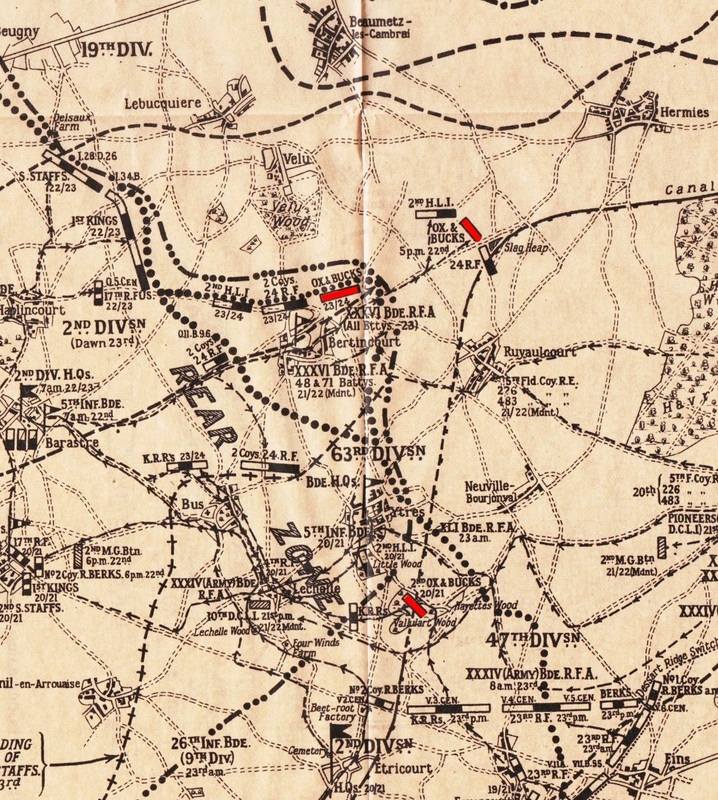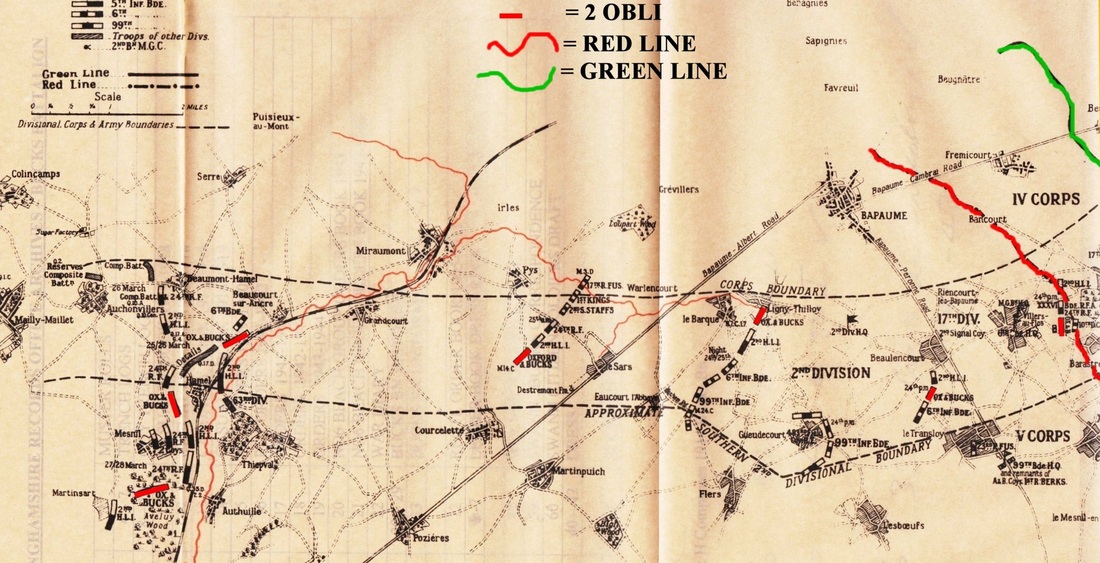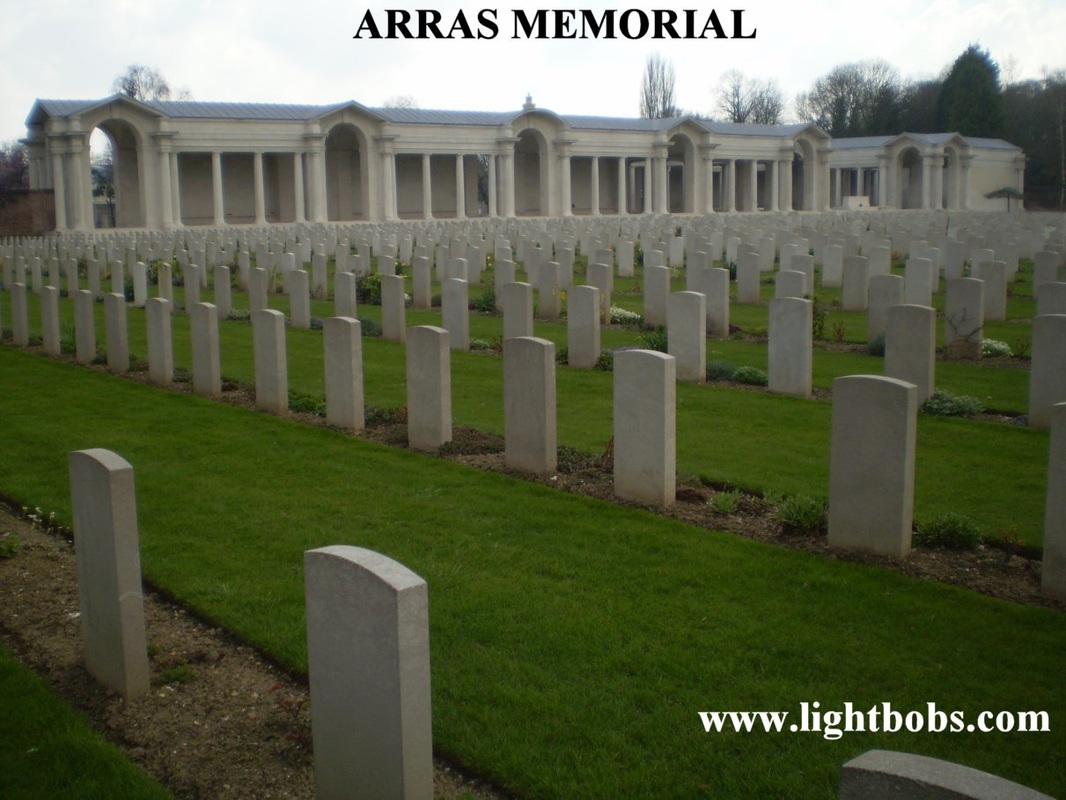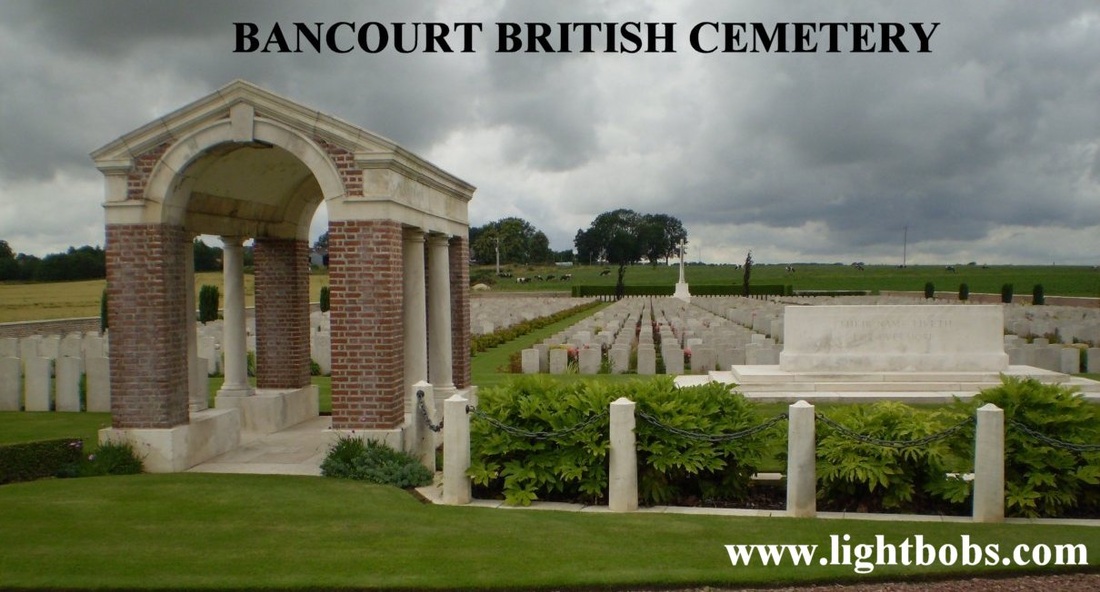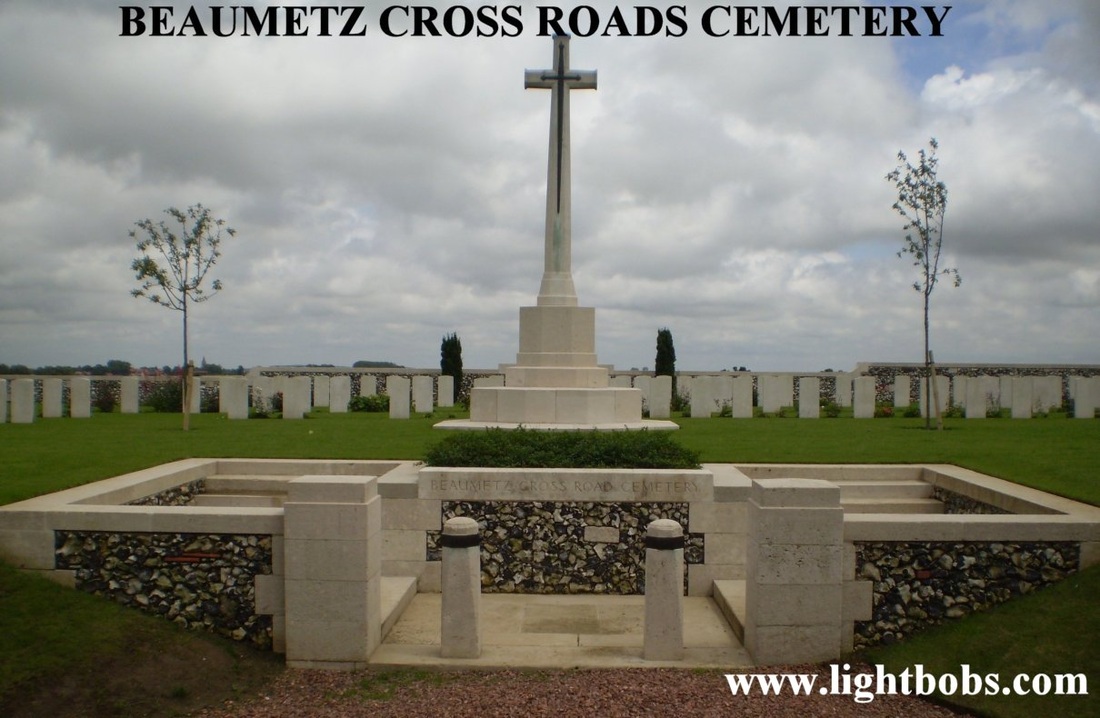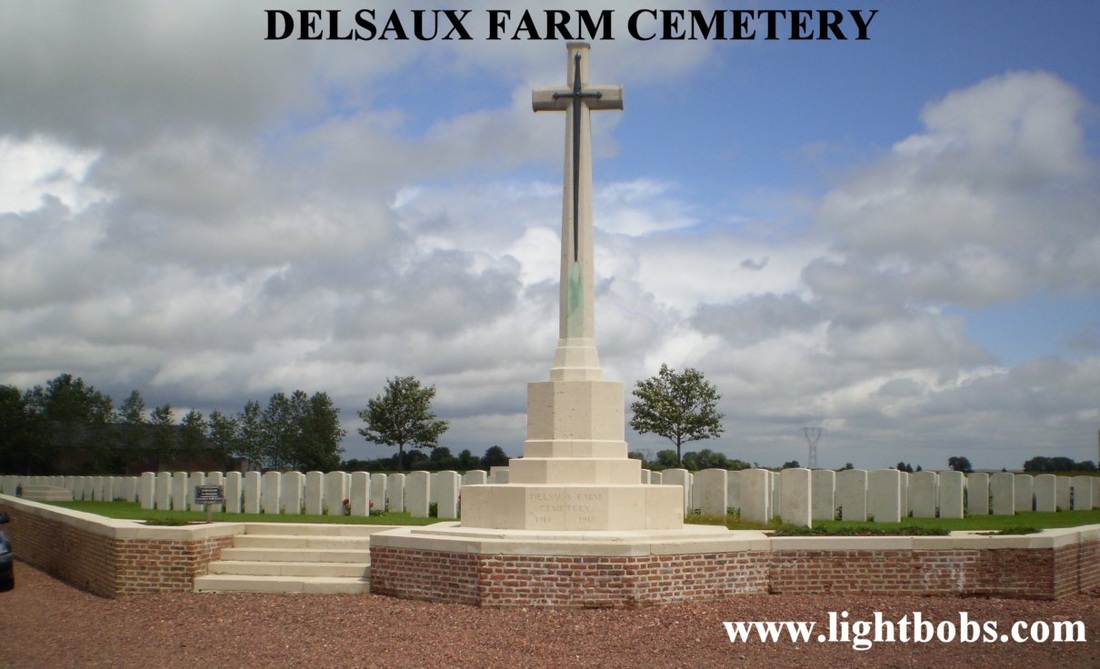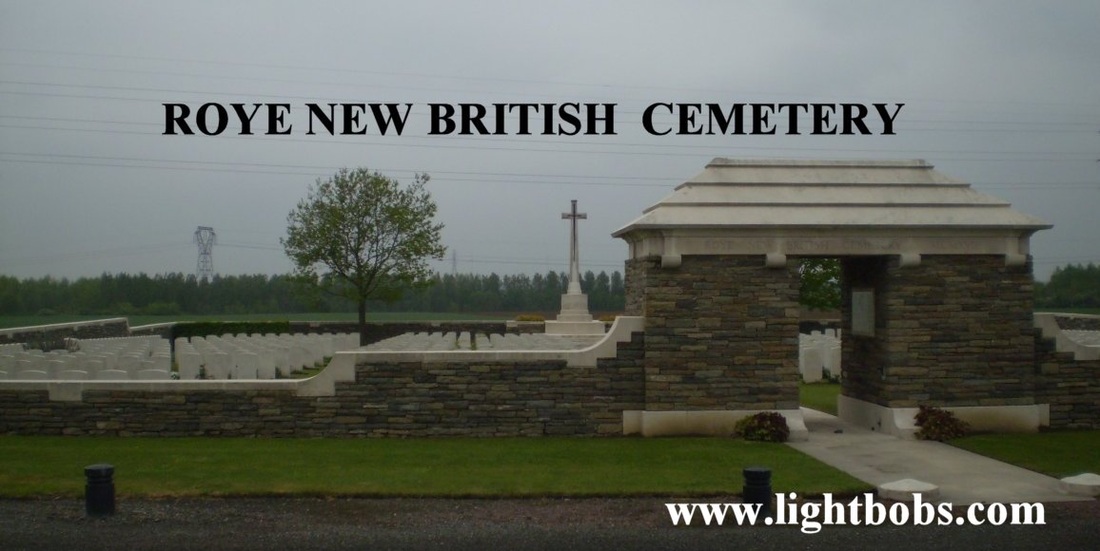- HOME
- SOLDIER RESEARCH
- WOLVERTONS AMATEUR MILITARY TRADITION
- BUCKINGHAMSHIRE RIFLE VOLUNTEERS 1859-1908
- BUCKINGHAMSHIRE BATTALION 1908-1947
- The Bucks Battalion A Brief History
- REGIMENTAL MARCH
-
1ST BUCKS 1914-1919
>
- 1914-15 1/1ST BUCKS MOBILISATION
- 1915 1/1ST BUCKS PLOEGSTEERT
- 1915-16 1/1st BUCKS HEBUTERNE
- 1916 1/1ST BUCKS SOMME JULY 1916
- 1916 1/1st BUCKS POZIERES WAR DIARY 17-25 JULY
- 1916 1/1ST BUCKS SOMME AUGUST 1916
- 1916 1/1ST BUCKS LE SARS TO CAPPY
- 1917 1/1ST BUCKS THE GERMAN RETIREMENT
- 1917 1/1st BUCKS TOMBOIS FARM
- 1917 1/1ST BUCKS THE HINDENBURG LINE
- 1917 1/1ST BUCKS 3RD BATTLE OF YPRES
- 1917 1/1st BUCKS 3RD YPRES 16th AUGUST
- 1917 1/1st BUCKS 3RD YPRES WAR DIARY 15-17 JULY
- 1917 1/1ST BUCKS 3RD BATTLE OF YPRES - VIMY
- 1917-18 1/1ST BUCKS ITALY
-
2ND BUCKS 1914-1918
>
- 1914-1916 2ND BUCKS FORMATION & TRAINING
- 1916 2/1st BUCKS ARRIVAL IN FRANCE
- 1916 2/1st BUCKS FROMELLES
- 1916 2/1st BUCKS REORGANISATION
- 1916-1917 2/1st BUCKS THE SOMME
- 1917 2/1st BUCKS THE GERMAN RETIREMENT
- 1917 2/1st BUCKS ST QUENTIN APRIL TO AUGUST 1917
- 1917 2/1st BUCKS 3RD YPRES
- 1917 2/1st BUCKS ARRAS & CAMBRAI
- 1918 2/1st BUCKS ST QUENTIN TO DISBANDMENT
-
1ST BUCKS 1939-1945
>
- 1939-1940 1BUCKS MOBILISATION & NEWBURY
- 1940 1BUCKS FRANCE & BELGIUM
- 1940 1BUCKS HAZEBROUCK
- HAZEBROUCK BATTLEFIELD VISIT
- 1940-1942 1BUCKS
- 1943-1944 1BUCKS PREPARING FOR D DAY
- COMPOSITION & ROLE OF BEACH GROUP
- BROAD OUTLINE OF OPERATION OVERLORD
- 1944 1ST BUCKS NORMANDY D DAY
- 1944 1BUCKS 1944 NORMANDY TO BRUSSELS (LOC)
- Sword Beach Gallery
- 1945 1BUCKS 1945 FEBRUARY-JUNE T FORCE 1st (CDN) ARMY
- 1945 1BUCKS 1945 FEBRUARY-JUNE T FORCE 2ND BRITISH ARMY
- 1945 1BUCKS JUNE 1945 TO AUGUST 1946
- BUCKS BATTALION BADGES
- BUCKS BATTALION SHOULDER TITLES 1908-1946
- 1939-1945 BUCKS BATTALION DRESS >
- ROYAL BUCKS KINGS OWN MILITIA
- BUCKINGHAMSHIRE'S LINE REGIMENTS
- ROYAL GREEN JACKETS
- OXFORDSHIRE & BUCKINGHAMSHIRE LIGHT INFANTRY 1741-1965
- OXF & BUCKS LI INSIGNIA >
- REGIMENTAL CUSTOMS & TRADITIONS >
- REGIMENTAL COLLECT AND PRAYER
- OXF & BUCKS LI REGIMENTAL MARCHES
- REGIMENTAL DRILL >
-
REGIMENTAL DRESS
>
- REGIMENTAL UNIFORM 1741-1896
- REGIMENTAL UNIFORM 1741-1914
- 1894 REGIMENTAL DRESS
- 1897 OFFICERS DRESS REGULATIONS
- 1900 DRESS REGULATIONS
- 1931 REGIMENTAL DRESS
- 1939-1945 REGIMENTAL DRESS
- 1950 OFFICERS DRESS REGULATIONS
- 1960 OFFICERS DRESS REGULATIONS (TA)
- 1960 REGIMENTAL MESS DRESS
- 1963 REGIMENTAL DRESS
- 1958-1969 REGIMENTAL DRESS
- HEADDRESS >
- REGIMENTAL CREST
- BATTLE HONOURS
- REGIMENTAL COLOURS >
- BRIEF HISTORY
- REGIMENTAL CHAPEL, OXFORD >
-
THE GREAT WAR 1914-1918
>
- REGIMENTAL BATTLE HONOURS 1914-1919
- OXF & BUCKS LI 1914-1919 SUMMARY INTRODUCTION
- 1 OXF & BUCKS LI 1914-1919 SUMMARY
- 2 OXF & BUCKS LI 1914-1919 SUMMARY
- 1/4 OXF & BUCKS LI 1914-1918 SUMMARY
- 2/4 OXF & BUCKS LI 1914-1918 SUMMARY
- 1/1 BUCKS BATTALION 1914-1918 SUMMARY
- 2/1 BUCKS BATTALION 1914-1918 SUMMARY
- 5 (SERVICE) OXF & BUCKS LI 1914-1918 SUMMARY
- 6 (SERVICE) OXF & BUCKS LI 1914-1918 SUMMARY
- 7 (SERVICE) OXF & BUCKS LI 1914-1918 SUMMARY
- 8 (SERVICE) OXF & BUCKS LI 1914-1918 SUMMARY
- 1st GREEN JACKETS (43rd & 52nd) 1958-1965
- 1ST GREEN JACKETS (43RD & 52ND) 1958-1965
- 1959 1ST GREEN JACKETS (43RD & 52ND)
- 1959 REGIMENTAL MARCH IN OXFORD
- 1959 DEMONSTRATION BATTALION
- 1960 1ST GREEN JACKETS (43RD & 52ND)
- 1961 1ST GREEN JACKETS (43RD & 52ND)
- 1961 THE LONGEST DAY
- 1962 1ST GREEN JACKETS (43RD & 52ND)
- 1963 1ST GREEN JACKETS (43RD & 52ND)
- 1963 CONVERSION TO “RIFLE” REGIMENT
- 1964 1ST GREEN JACKETS (43RD & 52ND)
- 1965 1ST GREEN JACKETS (43RD & 52ND)
- 1965 FORMATION OF ROYAL GREEN JACKETS
- REGULAR BATTALIONS 1741-1958
-
1st BATTALION (43rd LIGHT INFANTRY)
>
-
43rd LIGHT INFANTRY 1741-1914
>
- 43rd REGIMENT 1741-1802
- 43rd LIGHT INFANTRY 1803-1805
- 43rd LIGHT INFANTRY 1806-1809
- 43rd LIGHT INFANTRY 1809-1810
- 43rd LIGHT INFANTRY 1810-1812
- 43rd LIGHT INFANTRY 1812-1814
- 43rd LIGHT INFANTRY 1814-1818
- 43rd LIGHT INFANTRY 1818-1854
- 43rd LIGHT INFANTRY 1854-1863
- 43rd LIGHT INFANTRY 1863-1865
- 43rd LIGHT INFANTRY 1865-1897
- 43rd LIGHT INFANTRY 1899-1902
- 43rd LIGHT INFANTRY 1902-1914
-
1 OXF & BUCKS LI 1914-1919
>
-
1 OXF & BUCKS LI 1920-1939
>
- 1 OXF & BUCKS LI - 1919
- 1 OXF & BUCKS LI - 1920
- 1 OXF & BUCKS LI - 1921
- 1 OXF & BUCKS LI - 1922
- 1 OXF & BUCKS LI - 1923
- 1 OXF & BUCKS LI - 1924
- 1 OXF & BUCKS LI - 1925
- 1 OXF & BUCKS LI - 1926
- 1 OXF & BUCKS LI - 1927
- 1 OXF & BUCKS LI - 1928
- 1 OXF & BUCKS LI - 1929
- 1 OXF & BUCKS LI - 1930
- 1 OXF & BUCKS LI - 1931
- 1 OXF & BUCKS LI - 1932
- 1 OXF & BUCKS LI - 1933
- 1 OXF & BUCKS LI - 1934
- 1 OXF & BUCKS LI - 1935
- 1 OXF & BUCKS LI - 1936
- 1 OXF & BUCKS LI - 1937
- 1 OXF & BUCKS LI - 1938
- 1 OXF & BUCKS LI - 1939
- 1 OXF & BUCKS LI 1939-1945 >
-
1 OXF & BUCKS 1946-1958
>
- 1 OXF & BUCKS LI - 1946
- 1 OXF & BUCKS LI - 1947
- 1 OXF & BUCKS LI - 1948
- 1948 FREEDOM PARADES
- 1 OXF & BUCKS LI - 1949
- 1 OXF & BUCKS LI - 1950
- 1 OXF & BUCKS LI - 1951
- 1 OXF & BUCKS LI - 1952
- 1 OXF & BUCKS LI - 1953
- 1 OXF & BUCKS LI - 1954
- 1 OXF & BUCKS LI - 1955
- 1 OXF & BUCKS LI - 1956
- 1 OXF & BUCKS LI - 1957
- 1 OXF & BUCKS LI - 1958
-
43rd LIGHT INFANTRY 1741-1914
>
-
2nd BATTALION (52nd LIGHT INFANTRY)
>
- 52nd LIGHT INFANTRY 1755-1881 >
- 2 OXF LI 1881-1907
- 2 OXF & BUCKS LI 1908-1914
-
2 OXF & BUCKS LI 1914-1919
>
-
2 OXF & BUCKS LI - 1919-1939
>
- 2 OXF & BUCKS LI - 1919
- 2 OXF & BUCKS LI - 1920
- 2 OXF & BUCKS LI - 1921
- 2 OXF & BUCKS LI - 1922
- 2 OXF & BUCKS LI - 1923
- 2 OXF & BUCKS LI - 1924
- 2 OXF & BUCKS LI - 1925
- 2 OXF & BUCKS LI - 1926
- 2 OXF & BUCKS LI - 1927
- 2 OXF & BUCKS LI - 1928
- 2 OXF & BUCKS LI - 1929
- 2 OXF & BUCKS LI - 1930
- 2 OXF & BUCKS LI - 1931
- 2 OXF & BUCKS LI - 1932
- 2 OXF & BUCKS LI - 1933
- 2 OXF & BUCKS LI - 1934
- 2 OXF & BUCKS LI - 1935
- 2 OXF & BUCKS LI - 1936
- 2 OXF & BUCKS LI - 1937
- 2 OXF & BUCKS LI - 1938
- 2 OXF & BUCKS LI - 1939
-
2 OXF & BUCKS LI 1939-1945
>
- 1939-1941
- 1941-1943 AIRBORNE INFANTRY
- 1944 PREPARATION FOR D DAY
- 1944 PEGASUS BRIDGE-COUP DE MAIN
- Pegasus Bridge Gallery
- Horsa Bridge Gallery
- COUP DE MAIN NOMINAL ROLL
- MAJOR HOWARDS ORDERS
- 1944 JUNE 6
- D DAY ORDERS
- 1944 JUNE 7-13 ESCOVILLE & HEROUVILETTE
- Escoville & Herouvillette Gallery
- 1944 JUNE 13-AUGUST 16 HOLDING THE BRIDGEHEAD
- 1944 AUGUST 17-31 "PADDLE" TO THE SEINE
- "Paddle To The Seine" Gallery
- 1944 SEPTEMBER ARNHEM
- OPERATION PEGASUS 1
- 1944/45 ARDENNES
- 1945 RHINE CROSSING
- OPERATION VARSITY - ORDERS
- OPERATION VARSITY BATTLEFIELD VISIT
- 1945 MARCH-JUNE
- 2 OXF & BUCKS LI DRESS 1940-1945 >
- 2 OXF & BUCKS LI 1946-1947 >
-
1st BATTALION (43rd LIGHT INFANTRY)
>
- MILITIA BATTALIONS
- TERRITORIAL BATTALIONS
- WAR RAISED/SERVICE BATTALIONS 1914-18 & 1939-45
-
5th, 6th, 7th & 8th (SERVICE) 1914-1918
>
-
6th & 7th Bns OXF & BUCKS LI 1939-1945
>
- 6th Bn OXF & BUCKS LI 1940-1945 >
-
7th Bn OXF & BUCKS LI 1940-1945
>
- 7th Bn OXF & BUCKS LI JUNE 1940-JULY 1942
- 7th Bn OXF & BUCKS LI JULY 1942 – JUNE 1943
- 7th Bn OXF & BUCKS LI JULY 1943–OCTOBER 1943
- 7th Bn OXF & BUCKS LI OCTOBER 1943–DECEMBER 1943
- 7th Bn OXF & BUCKS LI DECEMBER 1943-JUNE 1944
- 7th Bn OXF & BUCKS LI JANUARY 1944-JUNE 1944
- 7th Bn OXF & BUCKS LI JUNE 1944–JANUARY 1945
-
5th, 6th, 7th & 8th (SERVICE) 1914-1918
>
- "IN MY OWN WORDS"
- CREDITS
THE GERMAN OFFENSIVE.
MARCH 1918
BASED ON EXTRACTS FROM THE REGIMENTAL CHRONICLES OF
THE OXFORDSHIRE & BUCKINGHAMSHIRE LIGHT INFANTRY
March 21st.-This was the opening day of the German offensive.
Captain Bobby's company (C) was still arriving in camp after having been relieved, when the Regiment was roused by a heavy bombardment, and at about 5 a.m. was ordered to stand to arms. The Brigade remained in a state of readiness to move at short notice all day, and towards evening it became obvious that a move would be ordered during the night.
Eventually a move was ordered, but not of the kind or in the direction that had been anticipated. There was little news— none from the troops on the right of the Vth Corps—but it seemed that the Vth Corps was holding its front intact.
March 22nd.-Message, timed at Brigade H.Q. 2.55 a.m., received, to the effect that the Division would be concentrated in the area Barastre-Haplincourt by 7 a.m. The 5th Infantry Brigade to march to Barastre, and to enter it not earlier than 6 a.m. The Regiment marched at 4.30 a.m. via Lechelle and Bus. Very considerable blocks of troops on the road—R.E. and Infantry—quite unavoidable in the absence of proper traffic control.
After some trouble, billeting accommodation was satisfactorily arranged in huts at Barastre. About 2 p.m. orders were received to be prepared to move at once, and shortly afterwards came further orders to move immediately in support of a Brigade of the 17th Division.
This Division, holding a line in front of approximately Hermies-Havrincourt,
was being heavily attacked. The Regiment marched by a circuitous route round the south side of Bertincourt to a position (in map squares J.33.C. and b.) on the west of the Bertincourt-Hermies road, arriving without casualties about 6.15 p.m. The 2nd H.L.I, were on the left of the Regiment.
Forward reconnaissances were made under cover of darkness, and the companies were distributed in irregular formation, to dig in.
After settling down, the night was quiet and undisturbed ; rations duly arrived, but the promised rum did not.
The early morning brought fresh orders for a move.
March 23rd.-The Regiment moved by companies to occupy, according to order, and complete the digging of the forward loop of the Green Line, round Bertincourt.
Companies were in order : C, A, D, B, from right to left; the right of the Regiment at the apex of the loop, near the Bertincourt-Hermies road, A battalion of the 63rd (R.N.) Division was to have its left on this point, facing at right angles, away from the Regiment, eastwards; but the 1st and 2nd Battalions R.M.L.I. did not get into position until 2.55 p.m. (with only 5 minutes to spare !).
The following is an extract from message No. R.C.87, sent at 11.45 a.m. to Brigade H.Q. by Lieut.-Colonel Crosse :--
"Am now in same dugout with Colonel Goschen, R.F.A., late H.Q. 17th Division. A.A.A.
My line is partly dug in on the front of 2 companies only. A.A.A.
We are digging platoon posts across remainder of front, through about P.1. central. A.A.A.
No 24th R.F. as yet reported, but can see right of 2nd H.L.I. A.A.A.
We very urgently need S.A.A., of which evidently no local resources."
Order of regiments in this Brigade was to be from right to left :
the Regiment (ourselves),
24th R.F.,
2nd H.L.I.
Brigade H.Q. had moved during the morning to Barastre.
The digging of the line was continued with maximum speed. Very great assistance was rendered by the O.C. Pioneer Battalion of the 17th Division in the matter of the provision of tools, and the Regiment was able to equip itself and to assist the 24th R.F. in the matter of picks and shovels to an appreciable extent.
Orders came during the morning to the effect that, owing to withdrawal by order of troops forward of us, we might expect to become front line any time after 3 p.m., which event occurred punctually to time. The Germans followed up with astonishing rapidity, and in very large masses. Messages received from companies, especially from the right company (C), which was in a very critical position, all go to show how very close the enemy were able to come under cover of sunken roads and the railway cutting. A hostile machine-gun, placed so as to enfilade our trench, caused very considerable trouble and the death of Captain W. J. Littledale and 3 men. During the day 9 men were also wounded, of whom 1 died.
Towards evening it became obvious that, owing to the situation on the flanks, a withdrawal would have to be carried out, and unless this were made under cover of darkness, very little chance would remain of getting the Regiment out without loss.
About 1 a.m. (24th) messages were received, verbally by the Transport Officer, from the Brigadier-General and by wire (identical), to the effect that " reinforcements were expected," going on to say that the Brigade would put up the best all-round fight, using every available man, and that there would be no withdrawal. Orders were issued accordingly.
March 24th.-About 8 a.m., however, a withdrawal order came; this could not have been carried out had not a pre-arranged code been given to companies. After considerable trouble, very fortunately not represented by heavy losses, the Regiment withdrew, and was assembled on the ridge east of Barastre.
(Message (No. K.C. 93) from Lieut.-Colonel Crosse to Company Commanders, timed 11 p.m., 23rd March :--
" If we have orders to withdraw, a withdrawal is, as you know, only possible from our present position during darkness. A.A.A.
With the present state of communications it is very likely that, though the orders may be issued in time, they will not be received in time to carry them out. A.A.A.
I shall therefore wire to you only CORUNNA, followed by the map square in which the Regiment will reassemble, and perhaps the time of
moving off. A.A.A.
Regard this as absolutely secret among your officers. A.A.A.
Carry shovels, and S.A.A. in bandoliers.
From Commanding Officer.")
It is worthy of note that (a) the withdrawal was carried out by daylight, and with casualties lighter than we expected; (b) " CORUNNA, 0.22 " was actually spoken down the telephone, shouted, and sent by orderly at 8.50 a.m., immediately preceding the evacuation of the position. The handling of companies and platoons by their officers was beyond all praise, and the behaviour of everyone in the ranks was as one expects from the Regiment.
I cannot say the actual moment of the withdrawal, but it was between 8 and 9 a.m.
In the early morning, the O.C. 1st R.M.L.I. (Major Clutterbuck) and his Regimental Staff had moved in to share our Regimental H.Q., in order that the closest touch might be kept between the two regiments holding the point of the salient, and this very well paid the arrangements.
The withdrawal proceeded after 9 a.m. across the downs towards the high ground Barastre-Haplincourt, where we gained touch with elements of other regiments of the Brigade. It was rendered difficult by the incessant sweeping at long range by hostile machine-guns. On emerging from Bertincourt the matter of keeping direction was very difficult. From the direction of some of the hostile machine-gun fire it seemed very probable that Bus was in German hands. At 11.30 a.m. the following message (R.C. No. 95) was sent to the 5th Infantry Brigade :--
" 2nd H.L.I, effected touch with 1st King's on right of 6th Infantry Brigade.
A.A.A.
Latter repelled some attacks, but are now reported to be falling back. A.A.A. 17th Division went back about an hour ago, so I have now refused my right so as to keep touch with them and cover retirement of 2nd H.L.I, and 6th Infantry Brigade from ridge 0.9.d.00. Regimental H.Q. 0.9.d.24."
At 2.17 p.m. orders were given for a withdrawal to the Red Line in front of Villers-au-Flos, and that tanks would co-operate. With little loss the Regiment was collected in the Red Line, and as this was being reorganized, the situation on both flanks demanded an instant departure to the west of Beaulencourt. This was carried out. The Brigade again concentrated and withdrew, under cover of dusk, to Ligny Tilloy, there taking up an outpost line, covering the village.
Casualties:
Killed,
2 other ranks;
wounded,
Captain C. H. B. slocock (subsequently died),
2nd Lieut. H. Vernon, and 28 other ranks;
missing,
Captain D. T. Barnes, D.S.O. (prisoner of war),
2nd Lieut. W. A. F. Bailey, and 30 other ranks.
March 25th.-About 2 a.m. orders came to withdraw, the withdrawal being effected, without molestation, along the Bapaume-Albert road as far as Courcelette, where the Brigade turned north and bivouacked for breakfast in the Dyke Valley. After this, positions were taken up facing Le Sars. Gradual withdrawal from these positions was carried out in an orderly manner as the enemy pressed on.
Message (R.C.97) sent to 5th Infantry Brigade at 1.40 p.m. :--
" Le Sars is now clear of our own troops and in occupation of enemy. I am in position mixed with 2nd H.L.I, along ridge in M.8.d. and M.14. I consider it inadvisable to push on to ridge M.16.c.05.-M.10.c.00. on account of situation in and about Loupart Wood, whence, I make out, our troops are retiring. There has been considerable movement of our own troops in the valley south of it all morning. All British troops have now passed through my line. Enemy show signs of advancing from Le Sars."
Considerable rifle fire was opened by the Regiment on the enemy on the main road about Le Sars. In consequence of the apparent withdrawal of every unit on either flank, and the absence of orders or information as to the situation—of both of which there were none—the Regiment, in conjunction with the 2nd H.L.I., withdrew across the Ancre to Beaucourt-sur-Ancre. Here the crossings were all guarded, the Regiment having two bridges in Q.l8.b., in touch with units on each flank. The night passed quietly.
Casualties : Wounded, 2nd Lieut. G. Ashplant, M.M. (attached to 5th T.M.B.), and 18 other ranks ; missing, 21 other ranks.
March 26th.-Early (exact time unknown) the Regiment came under the orders of the B.G.C. 6th Infantry Brigade, who withdrew its position slightly, and from the crossings, to a much better one in the old British trenches. Except for some shelling, the day was quiet. It was felt universally that relief must come soon. Orders came after dark that the Regiment would withdraw, passing through a division of New Zealand troops, and bivouac in Mailly-Maillet Wood.
This withdrawal was carried out without incident, and Brigade H.Q. were established in a house in Mailly-Maillet which in October-November 1916 had been our own Regimental H.Q.
Casualties : 3 wounded and 1 missing.
March 27th.-In the early hours several shells falling into the bivouac caused the Regiment to withdraw to about 500 yards clear of it towards Beaussart, whence permission was given to move, at about 7 a.m., to Boltun Camp (P.17.b.), where the Regiment, at short notice, with several alarms, spent a miserably cold and uncomfortable day. Very little rest obtainable.
At 8 p.m. we were ordered to move forward in support of a brigade of the 12th Division about Martinsaart, and moved via Mailly-Maillet, Englebelmer, and Martinsaart, to Aveluy Wood, there relieving a battalion R.M.L.I. 63rd (R.N.) Division.
A quiet night, followed by a stormy morning.
March 28th.-The enemy attacked in the wood, and broke the line of the 6th R.W. Kent Regiment and a battalion of the R. Sussex Regiment. The situation was again made satisfactory by a company of the 24th R.F. (Captain Collins) and the Regiment (ourselves).
Message (R.C. 99) sent to Brigade at 3.40 p.m. :--
" Our front is being somewhat shelled, which I think means another attack. Troops on our left have withdrawn slightly. I would like some artillery fire round W.4.d. and W.5 central, such as will stop infantry action and neutralize artillery. I have had to move Regimental H.Q. to old gun-pits nearer to Mesnil-Martinsaart road. Enemy are using much more artillery than this morning."
No attack, however, materialized. The night was very wet. Some time after 7 p.m. a side movement northwards was ordered, and at 8 p.m. message (R.C.100) was issued to companies :--
'Tonight we have to side-slip to the left (or north), so as to take over the front between about Q.29.b.28., where we join the 2nd H.L.I., and Q.23.c.38., where we join a New Zealand battalion. This will be done during tonight, after we have been relieved here by a battalion of the 99th Infantry Brigade. No. 2 Company will be on the right, so that No. 1 Company will be between No. 2 and the New Zealand battalion."
Since the retirement from Bertincourt and the Red Line, and the loss of the Captains of A and D Companies, and considerable casualties in other ranks, it had been necessary to make a considerable reorganization of companies, under which A and B Companies became No. 1 Company under Captain G. Field, M.C., and C and D Companies became No. 2 Company under Captain Bobby. This was maintained until the Brigade was withdrawn and reinforcements received, and it worked very much better than any other arrangement could have done. When Captain Field, M.C., was finally removed to hospital on the night of the 28th/29th March, No. 1 Company was taken over by Lieut. Tyrwhitt-Drake, M.C.
Casualties : Wounded, Captain G. Field, M.C. (slightly), Lieut. H. J. Ellam (severely), and 16 other ranks.
March 29th.-By 4 a.m. the movement had been completed, the Regiment having relieved the 6th Battalion the Buffs (12th Division).
Fortunately the day passed very quietly, all ranks being completely exhausted. A certain number managed to get some rest. During the night of the 29th/30th March the Regiment was relieved by D Company 10th D.C.L.I. (Pioneers), and withdrew to billets in and about Hedauville.
March 30th.-In the evening the Regiment marched from Hedauville to Varennes.
March 31st.-At Varennes. No reinforcements were received by the Regiment during the month of March.
SOURCE
1. The Oxfordshire & Buckinghamshire Light Infantry Chronicle, 1917-18. Vol 27 :
compiled and edited by Lieut.-Colonel A.F. Mockler-Ferryman Eyre and Spottiswoode, 1919
MARCH 1918
BASED ON EXTRACTS FROM THE REGIMENTAL CHRONICLES OF
THE OXFORDSHIRE & BUCKINGHAMSHIRE LIGHT INFANTRY
March 21st.-This was the opening day of the German offensive.
Captain Bobby's company (C) was still arriving in camp after having been relieved, when the Regiment was roused by a heavy bombardment, and at about 5 a.m. was ordered to stand to arms. The Brigade remained in a state of readiness to move at short notice all day, and towards evening it became obvious that a move would be ordered during the night.
Eventually a move was ordered, but not of the kind or in the direction that had been anticipated. There was little news— none from the troops on the right of the Vth Corps—but it seemed that the Vth Corps was holding its front intact.
March 22nd.-Message, timed at Brigade H.Q. 2.55 a.m., received, to the effect that the Division would be concentrated in the area Barastre-Haplincourt by 7 a.m. The 5th Infantry Brigade to march to Barastre, and to enter it not earlier than 6 a.m. The Regiment marched at 4.30 a.m. via Lechelle and Bus. Very considerable blocks of troops on the road—R.E. and Infantry—quite unavoidable in the absence of proper traffic control.
After some trouble, billeting accommodation was satisfactorily arranged in huts at Barastre. About 2 p.m. orders were received to be prepared to move at once, and shortly afterwards came further orders to move immediately in support of a Brigade of the 17th Division.
This Division, holding a line in front of approximately Hermies-Havrincourt,
was being heavily attacked. The Regiment marched by a circuitous route round the south side of Bertincourt to a position (in map squares J.33.C. and b.) on the west of the Bertincourt-Hermies road, arriving without casualties about 6.15 p.m. The 2nd H.L.I, were on the left of the Regiment.
Forward reconnaissances were made under cover of darkness, and the companies were distributed in irregular formation, to dig in.
After settling down, the night was quiet and undisturbed ; rations duly arrived, but the promised rum did not.
The early morning brought fresh orders for a move.
March 23rd.-The Regiment moved by companies to occupy, according to order, and complete the digging of the forward loop of the Green Line, round Bertincourt.
Companies were in order : C, A, D, B, from right to left; the right of the Regiment at the apex of the loop, near the Bertincourt-Hermies road, A battalion of the 63rd (R.N.) Division was to have its left on this point, facing at right angles, away from the Regiment, eastwards; but the 1st and 2nd Battalions R.M.L.I. did not get into position until 2.55 p.m. (with only 5 minutes to spare !).
The following is an extract from message No. R.C.87, sent at 11.45 a.m. to Brigade H.Q. by Lieut.-Colonel Crosse :--
"Am now in same dugout with Colonel Goschen, R.F.A., late H.Q. 17th Division. A.A.A.
My line is partly dug in on the front of 2 companies only. A.A.A.
We are digging platoon posts across remainder of front, through about P.1. central. A.A.A.
No 24th R.F. as yet reported, but can see right of 2nd H.L.I. A.A.A.
We very urgently need S.A.A., of which evidently no local resources."
Order of regiments in this Brigade was to be from right to left :
the Regiment (ourselves),
24th R.F.,
2nd H.L.I.
Brigade H.Q. had moved during the morning to Barastre.
The digging of the line was continued with maximum speed. Very great assistance was rendered by the O.C. Pioneer Battalion of the 17th Division in the matter of the provision of tools, and the Regiment was able to equip itself and to assist the 24th R.F. in the matter of picks and shovels to an appreciable extent.
Orders came during the morning to the effect that, owing to withdrawal by order of troops forward of us, we might expect to become front line any time after 3 p.m., which event occurred punctually to time. The Germans followed up with astonishing rapidity, and in very large masses. Messages received from companies, especially from the right company (C), which was in a very critical position, all go to show how very close the enemy were able to come under cover of sunken roads and the railway cutting. A hostile machine-gun, placed so as to enfilade our trench, caused very considerable trouble and the death of Captain W. J. Littledale and 3 men. During the day 9 men were also wounded, of whom 1 died.
Towards evening it became obvious that, owing to the situation on the flanks, a withdrawal would have to be carried out, and unless this were made under cover of darkness, very little chance would remain of getting the Regiment out without loss.
About 1 a.m. (24th) messages were received, verbally by the Transport Officer, from the Brigadier-General and by wire (identical), to the effect that " reinforcements were expected," going on to say that the Brigade would put up the best all-round fight, using every available man, and that there would be no withdrawal. Orders were issued accordingly.
March 24th.-About 8 a.m., however, a withdrawal order came; this could not have been carried out had not a pre-arranged code been given to companies. After considerable trouble, very fortunately not represented by heavy losses, the Regiment withdrew, and was assembled on the ridge east of Barastre.
(Message (No. K.C. 93) from Lieut.-Colonel Crosse to Company Commanders, timed 11 p.m., 23rd March :--
" If we have orders to withdraw, a withdrawal is, as you know, only possible from our present position during darkness. A.A.A.
With the present state of communications it is very likely that, though the orders may be issued in time, they will not be received in time to carry them out. A.A.A.
I shall therefore wire to you only CORUNNA, followed by the map square in which the Regiment will reassemble, and perhaps the time of
moving off. A.A.A.
Regard this as absolutely secret among your officers. A.A.A.
Carry shovels, and S.A.A. in bandoliers.
From Commanding Officer.")
It is worthy of note that (a) the withdrawal was carried out by daylight, and with casualties lighter than we expected; (b) " CORUNNA, 0.22 " was actually spoken down the telephone, shouted, and sent by orderly at 8.50 a.m., immediately preceding the evacuation of the position. The handling of companies and platoons by their officers was beyond all praise, and the behaviour of everyone in the ranks was as one expects from the Regiment.
I cannot say the actual moment of the withdrawal, but it was between 8 and 9 a.m.
In the early morning, the O.C. 1st R.M.L.I. (Major Clutterbuck) and his Regimental Staff had moved in to share our Regimental H.Q., in order that the closest touch might be kept between the two regiments holding the point of the salient, and this very well paid the arrangements.
The withdrawal proceeded after 9 a.m. across the downs towards the high ground Barastre-Haplincourt, where we gained touch with elements of other regiments of the Brigade. It was rendered difficult by the incessant sweeping at long range by hostile machine-guns. On emerging from Bertincourt the matter of keeping direction was very difficult. From the direction of some of the hostile machine-gun fire it seemed very probable that Bus was in German hands. At 11.30 a.m. the following message (R.C. No. 95) was sent to the 5th Infantry Brigade :--
" 2nd H.L.I, effected touch with 1st King's on right of 6th Infantry Brigade.
A.A.A.
Latter repelled some attacks, but are now reported to be falling back. A.A.A. 17th Division went back about an hour ago, so I have now refused my right so as to keep touch with them and cover retirement of 2nd H.L.I, and 6th Infantry Brigade from ridge 0.9.d.00. Regimental H.Q. 0.9.d.24."
At 2.17 p.m. orders were given for a withdrawal to the Red Line in front of Villers-au-Flos, and that tanks would co-operate. With little loss the Regiment was collected in the Red Line, and as this was being reorganized, the situation on both flanks demanded an instant departure to the west of Beaulencourt. This was carried out. The Brigade again concentrated and withdrew, under cover of dusk, to Ligny Tilloy, there taking up an outpost line, covering the village.
Casualties:
Killed,
2 other ranks;
wounded,
Captain C. H. B. slocock (subsequently died),
2nd Lieut. H. Vernon, and 28 other ranks;
missing,
Captain D. T. Barnes, D.S.O. (prisoner of war),
2nd Lieut. W. A. F. Bailey, and 30 other ranks.
March 25th.-About 2 a.m. orders came to withdraw, the withdrawal being effected, without molestation, along the Bapaume-Albert road as far as Courcelette, where the Brigade turned north and bivouacked for breakfast in the Dyke Valley. After this, positions were taken up facing Le Sars. Gradual withdrawal from these positions was carried out in an orderly manner as the enemy pressed on.
Message (R.C.97) sent to 5th Infantry Brigade at 1.40 p.m. :--
" Le Sars is now clear of our own troops and in occupation of enemy. I am in position mixed with 2nd H.L.I, along ridge in M.8.d. and M.14. I consider it inadvisable to push on to ridge M.16.c.05.-M.10.c.00. on account of situation in and about Loupart Wood, whence, I make out, our troops are retiring. There has been considerable movement of our own troops in the valley south of it all morning. All British troops have now passed through my line. Enemy show signs of advancing from Le Sars."
Considerable rifle fire was opened by the Regiment on the enemy on the main road about Le Sars. In consequence of the apparent withdrawal of every unit on either flank, and the absence of orders or information as to the situation—of both of which there were none—the Regiment, in conjunction with the 2nd H.L.I., withdrew across the Ancre to Beaucourt-sur-Ancre. Here the crossings were all guarded, the Regiment having two bridges in Q.l8.b., in touch with units on each flank. The night passed quietly.
Casualties : Wounded, 2nd Lieut. G. Ashplant, M.M. (attached to 5th T.M.B.), and 18 other ranks ; missing, 21 other ranks.
March 26th.-Early (exact time unknown) the Regiment came under the orders of the B.G.C. 6th Infantry Brigade, who withdrew its position slightly, and from the crossings, to a much better one in the old British trenches. Except for some shelling, the day was quiet. It was felt universally that relief must come soon. Orders came after dark that the Regiment would withdraw, passing through a division of New Zealand troops, and bivouac in Mailly-Maillet Wood.
This withdrawal was carried out without incident, and Brigade H.Q. were established in a house in Mailly-Maillet which in October-November 1916 had been our own Regimental H.Q.
Casualties : 3 wounded and 1 missing.
March 27th.-In the early hours several shells falling into the bivouac caused the Regiment to withdraw to about 500 yards clear of it towards Beaussart, whence permission was given to move, at about 7 a.m., to Boltun Camp (P.17.b.), where the Regiment, at short notice, with several alarms, spent a miserably cold and uncomfortable day. Very little rest obtainable.
At 8 p.m. we were ordered to move forward in support of a brigade of the 12th Division about Martinsaart, and moved via Mailly-Maillet, Englebelmer, and Martinsaart, to Aveluy Wood, there relieving a battalion R.M.L.I. 63rd (R.N.) Division.
A quiet night, followed by a stormy morning.
March 28th.-The enemy attacked in the wood, and broke the line of the 6th R.W. Kent Regiment and a battalion of the R. Sussex Regiment. The situation was again made satisfactory by a company of the 24th R.F. (Captain Collins) and the Regiment (ourselves).
Message (R.C. 99) sent to Brigade at 3.40 p.m. :--
" Our front is being somewhat shelled, which I think means another attack. Troops on our left have withdrawn slightly. I would like some artillery fire round W.4.d. and W.5 central, such as will stop infantry action and neutralize artillery. I have had to move Regimental H.Q. to old gun-pits nearer to Mesnil-Martinsaart road. Enemy are using much more artillery than this morning."
No attack, however, materialized. The night was very wet. Some time after 7 p.m. a side movement northwards was ordered, and at 8 p.m. message (R.C.100) was issued to companies :--
'Tonight we have to side-slip to the left (or north), so as to take over the front between about Q.29.b.28., where we join the 2nd H.L.I., and Q.23.c.38., where we join a New Zealand battalion. This will be done during tonight, after we have been relieved here by a battalion of the 99th Infantry Brigade. No. 2 Company will be on the right, so that No. 1 Company will be between No. 2 and the New Zealand battalion."
Since the retirement from Bertincourt and the Red Line, and the loss of the Captains of A and D Companies, and considerable casualties in other ranks, it had been necessary to make a considerable reorganization of companies, under which A and B Companies became No. 1 Company under Captain G. Field, M.C., and C and D Companies became No. 2 Company under Captain Bobby. This was maintained until the Brigade was withdrawn and reinforcements received, and it worked very much better than any other arrangement could have done. When Captain Field, M.C., was finally removed to hospital on the night of the 28th/29th March, No. 1 Company was taken over by Lieut. Tyrwhitt-Drake, M.C.
Casualties : Wounded, Captain G. Field, M.C. (slightly), Lieut. H. J. Ellam (severely), and 16 other ranks.
March 29th.-By 4 a.m. the movement had been completed, the Regiment having relieved the 6th Battalion the Buffs (12th Division).
Fortunately the day passed very quietly, all ranks being completely exhausted. A certain number managed to get some rest. During the night of the 29th/30th March the Regiment was relieved by D Company 10th D.C.L.I. (Pioneers), and withdrew to billets in and about Hedauville.
March 30th.-In the evening the Regiment marched from Hedauville to Varennes.
March 31st.-At Varennes. No reinforcements were received by the Regiment during the month of March.
SOURCE
1. The Oxfordshire & Buckinghamshire Light Infantry Chronicle, 1917-18. Vol 27 :
compiled and edited by Lieut.-Colonel A.F. Mockler-Ferryman Eyre and Spottiswoode, 1919
Proudly powered by Weebly
